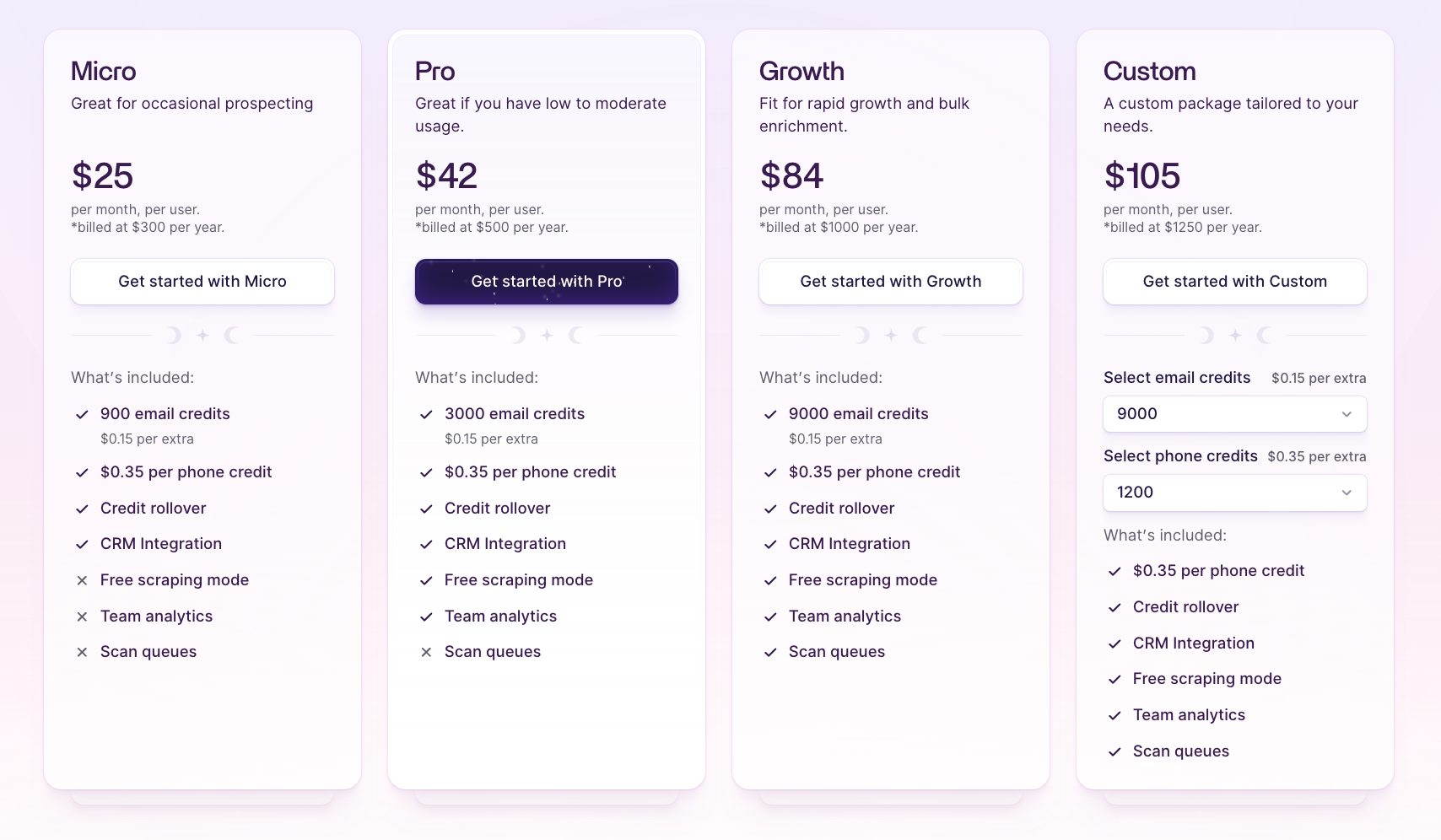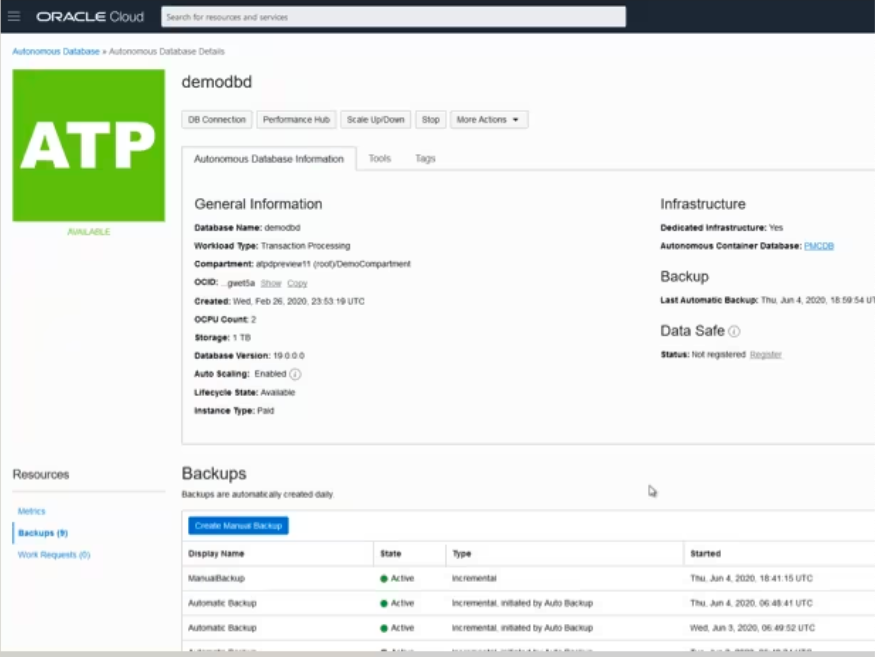Secret Functions to Try To Find When Choosing a Database Company
Choosing a data source supplier is an essential choice that can dramatically impact your organization's data and operations monitoring approach. Among the vital features to take into consideration are scalability options, which guarantee that your system can adjust to expanding needs.
Scalability Options
When choosing a database company, recognizing scalability alternatives is important to guaranteeing that the picked service can suit future growth. Scalability describes the capacity of a data source system to increase its capacity and performance in response to boosted need. There are two primary kinds of scalability: horizontal and vertical.
Vertical scalability, or "scaling up," involves enhancing a solitary server's sources, such as CPU, RAM, or storage. This technique can be simple and economical for smaller applications however might reach a restriction where better upgrades are unwise or as well expensive.
Straight scalability, or "scaling out," entails adding extra web servers to disperse the tons. This strategy enables for better adaptability and can accommodate considerable increases in information quantity and individual traffic (database provider). It is especially beneficial for cloud-based database solutions that can dynamically allocate sources based on need
%20%5B%2B%20FR%2C%20ES%20and%20DE%20variations%5D/B2B%20data%20providers/EN_B2B-data-providers-resource-card.png)
Safety And Security Measures

When reviewing protection steps, consider the execution of encryption protocols (database provider). Data-at-rest and data-in-transit security are important to make sure that delicate details remains secured, even in case of a protection violation. Additionally, look for carriers that supply strong authentication systems, such as multi-factor verification (MFA), to additionally enhance accessibility control
Normal protection audits and compliance with market criteria, such as GDPR or HIPAA, are a sign of a provider's dedication to data protection. In addition, ask about their case action plan; a robust strategy can decrease the influence of any prospective security occurrence.
Efficiency Metrics
Assessing efficiency metrics is important for organizations to guarantee that their chosen data source company meets functional needs. Secret efficiency metrics consist of action throughput, scalability, and time, which jointly establish the efficiency of data source procedures under varying lots.
Action time is important, as it mirrors exactly how swiftly the data source can refine queries and return results. Organizations should seek metrics that indicate average reaction times throughout height and off-peak hours. Throughput, frequently determined in transactions per 2nd (TPS), supplies understanding into the database's capacity to manage high volumes of demands without performance destruction.
Scalability analyzes the data source's ability to expand with the company's demands. A robust data source carrier need to demonstrate upright and horizontal scaling capacities, permitting seamless changes as demands change. Additionally, understanding latency, especially in dispersed systems, can aid organizations examine the responsiveness of the database across different geographical areas.
Consumer Support
Trusted customer support is a foundation of reliable data source administration, offering organizations with the support needed to optimize and fix problems performance. When choosing a data source provider, assessing the level of client assistance they supply is necessary. A robust support group ought to include several channels of communication, such as phone, email, and live conversation, ensuring that individuals can access aid whenever they need it.
Additionally, responsive support teams that are offered 24/7 considerably boost the dependability of the data source solution. Prompt action times and effective resolution of issues can considerably reduce downtime and increase total productivity. It is additionally advantageous to take into consideration the availability of specialized support personnel, that can look at this website use tailored aid based upon an organization's certain needs.

Prices Structure
When taking into consideration a data source provider, the rates structure is a pivotal factor that can dramatically impact an organization's budget and general technique. A transparent and flexible rates model is vital for straightening the database costs with company requirements - database provider. Organizations ought to examine whether the pricing is based on usage, per user, or a level price, as each model can yield different financial effects gradually
It is essential to analyze any type of added prices connected with the supplier's services, such as data storage costs, purchase expenses, and assistance costs. Some suppliers might use tiered prices, enabling scalability as the organization grows, while others may enforce strict restrictions that could end up being pricey as information needs boost.
Additionally, companies must take into consideration the lasting value of the database remedy. While reduced preliminary costs can be attractive, they may not represent future upgrades, maintenance charges, or assimilation prices. Carrying out an extensive cost-benefit analysis will certainly aid identify one of this post the most ideal rates framework that stabilizes assistance, performance, and scalability, inevitably ensuring that the selected data source provider aligns with the organization's economic and operational goals.
Final Thought
Finally, choosing a database carrier demands cautious consideration of various critical functions. Scalability alternatives make certain flexibility to future development, while durable protection procedures protect delicate info. Assessing performance metrics enables the recognition of reliable data sources, and available client assistance improves the overall user experience. A clear prices structure additionally contributes to educated decision-making. By thoroughly evaluating these variables, companies can make strategic choices that straighten with their operational needs and long-term goals.
Selecting a data source provider is a vital decision that can substantially affect your company's information and procedures management strategy.When choosing a database carrier, visit this page understanding scalability options is essential to guaranteeing that the selected remedy can accommodate future growth. When selecting a database provider, evaluating the degree of consumer assistance they use is necessary.When thinking about a data source service provider, the rates framework is a critical element that can dramatically affect a company's budget plan and general method. Carrying out a detailed cost-benefit analysis will certainly aid determine the most suitable prices framework that balances assistance, scalability, and performance, ultimately guaranteeing that the chosen database supplier straightens with the organization's functional and economic purposes.